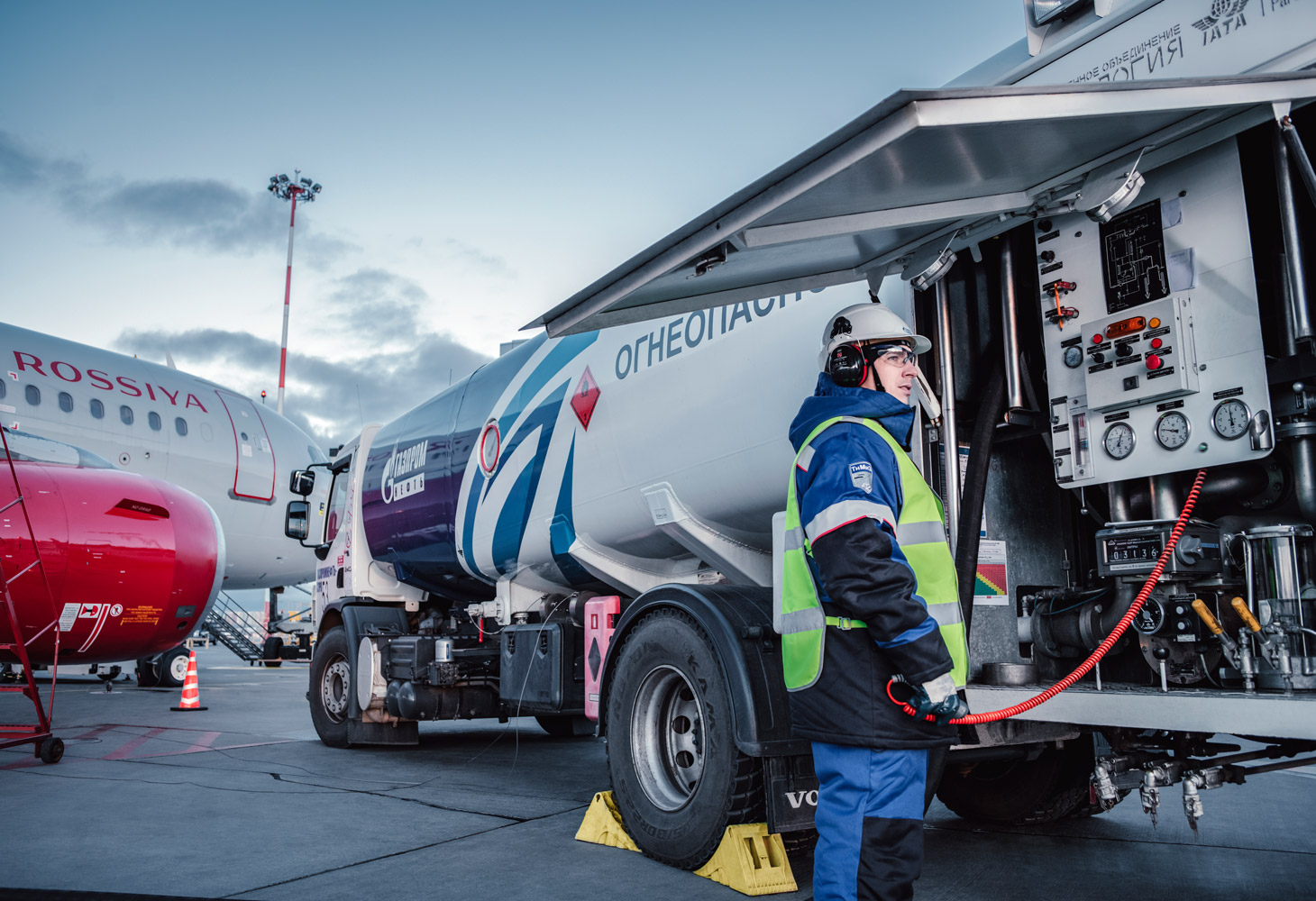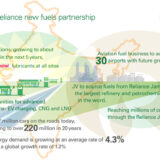
Gazprom Neft deploys innovative microbial-contamination testing system
Gazpromneft-Aero, operator of the Gazprom Neft aviation refuelling business, has introduced a unique microbial-contamination testing system for aviation fuels in Russia. An innovative form of microbiological monitoring, not hitherto widely used throughout Russia, is making it possible to identify the presence of microorganisms having a negative impact on the operation of aircraft fuel systems and engines. This new investigation strategy is fully compliant with domestic and international IATA* standards, and is in operation throughout 48 Gazpromneft-Aero refuelling complexes in Russia.
Gazprom Neft is using express-testing, as recommended by the Joint Inspection Group (JIG, the international organisation for managing standardisation in aviation refuelling) in monitoring equipment at its refuelling complexes, with equipment undergoing all necessary cleaning in the event of microorganisms being detected in fuel or tank-farm equipment fittings.
“Leading international air carriers have specific requirements as to aviation-fuel quality and the availability of microbiological monitoring systems in working with petroleum product suppliers. Our fuel is subject to multi-level controls before it even reaches aircraft tanks, from ex-refinery shipments to direct ‘wing-tip’ refuelling. Deploying this microbiological monitoring strategy — unique to Russia’s aviation industry — will provide a further guarantee as to the high performance of aviation fuel,” said Vladimir Egorov, director general of Gazpromneft-Aero.
“Microbiological-contamination testing of aviation fuel is critical to improving overall safety levels in aviation transport. Its deployment is critically important at ground infrastructure facilities, and helps minimise the risk of oil products being contaminated with microorganisms. Gazpromneft-Aero’s experience can be used in developing an integrated approach, including — alongside microbiological controls and other tools — various visual and evaluation tests, and the use of additives and mechanical methods for preventing fuel contamination. This sort of integrated approach can, going forward, be successfully rolled out across the country’s entire aviation-refuelling industry,” said Lidiya Kovba, laboratory manager, Aviation Fuel Certification Centre, State Scientific Research Institute for Civil Aviation (GosNII GA).
Petroleum products, storage tanks and other technological equipment, as well as aircraft fuel tanks, can be contaminated by various kinds of microorganisms and their metabolic by-products. These pose the greatest danger to aircraft fuel systems, causing corrosion of fuel-regulation equipment and ruining protective coatings, clogging filters and sensors and potentially causing technical equipment failure.
*International Air Transport Association (IATA)









